

We recently had the chance to connect with Chris Thomas and have shared our conversation below.
Hi Chris, thank you so much for joining us today. We’re thrilled to learn more about your journey, values and what you are currently working on. Let’s start with an ice breaker: What do you think is misunderstood about your business?
The complete lack of glamour! When I mention my work in film, theme parks, and video games, people sometimes swoon as if I’ve just returned from a lavish vacation in Bali. But just because George Clooney has a beachside estate in Italy doesn’t mean everyone in the film industry does.
Film composers work in a fast-paced, high-pressure environment, often delivering three to five minutes of fully produced music every day. We’re not living gentle, leisurely, or “romantically inspired” artistic lives at all. A 70-minute soundtrack—sometimes for full orchestra—might need to be completed in just a few months. The director, producers, and studio can all have different ideas about how the music should sound, the picture edit keeps changing, and you might re-write the same scene ten times to get it right for your client.
If you want glamour, be a movie star. If you want to work unreasonably hard, be a film composer.
Can you briefly introduce yourself and share what makes you or your brand unique?
I’m a composer working across film, television, theme parks, and video games, with credits ranging from Fortnite games, TV music for The Kardashians, music for theme parks—and just about everything in between.
There are two things that make my collaborations unique. First, I approach everything through the lens of storytelling. I shape my music around characters and their journeys, building the architecture of my scores around story beats rather than traditional musical forms.
Second, I have a neurological condition called synesthesia, which allows me to hear sound in everything I see. Every scene, game world, or theme park environment is filled with unique colors and textures—and I can literally hear them. I love translating those sensory impressions into the key, harmony, and instrumentation of the music.
It’s an unusual way of working, but my music wouldn’t truly be mine without following those creative impulses.
Great, so let’s dive into your journey a bit more. What part of you has served its purpose and must now be released?
Wow, excellent question! Honestly, this is something I’ve only begun to work on in recent years. For much of my life, I’ve carried the belief that I was less intelligent, less talented, and essentially a fraud waiting to be found out—all the classic ingredients of imposter syndrome.
I often felt undeserving of success or good things because I feared someone might discover “who I really was.” Growing up in a small farm town, that insecurity drove me to work extremely hard. I was disciplined, determined, and refused to give less than my very best. In the film music world, that relentless (dare I say pathological) work ethic was valued, and it helped open doors.
But here’s the truth: no good comes from thinking so little of yourself. You can still achieve everything you set out to do and still feel unhappy. Eventually, I realized the “real me” had been on display all along—and had been accepted. I was the one who earned my community’s trust, and I was freely given the opportunities to work in film, theme parks, and video games.
I had always been accepted—the fear of rejection was only a mirage. There’s no reason to deny yourself joy when life itself is offering you an adventure. It’s time to let go of that outdated, damaging self-image.
What did suffering teach you that success never could?
Suffering is truly the greatest of teachers. We all try to avoid it, yet we often profit the most from our encounters with it. I don’t believe success teaches much of anything by itself.
Suffering and failure strip away delusion and misperception, steer us toward better paths, and show us how to improve. The pain, hunger, and stress they bring are like weights in the gym—they are the price of wisdom, the strain that hardens our resolve, and the force that strengthens us where we were once less competent.
Failure isn’t something to feel shame over—it’s something to celebrate. I see my many embarrassing failures as the cost of admission to a better, more sustainable, and more authentic path. I firmly believe that those destined for great leadership should be the most experienced in the ways of failure and suffering.
Alright, so if you are open to it, let’s explore some philosophical questions that touch on your values and worldview. How do you differentiate between fads and real foundational shifts?
This question cuts right to my core beliefs about life in the arts.
Fads aren’t good or bad—they just are. They’ve always been part of the creative landscape and always will be. The danger is in chasing them. Yes, it can make you look “current,” but it often leads to short careers. Fads vanish fast. If your artistic identity is built on one, you’ll vanish with it.
Timelessness, on the other hand, endures—no matter the style. When you focus on the fundamentals—creatively engaging melody, harmony, rhythm, instrumentation, texture—you can’t miss.
Take Sabrina Carpenter and Chappell Roan. Both strike me as equally wonderful people, but they take very different approaches. Sabrina Carpenter works within a sophisticated management machine that partners with top pop songwriters and trend-chasers. The results are catchy but often minimally melodic, harmonically flat, and rhythmically predictable. Chappell Roan, on the other hand, is a songwriter who prizes captivating melodies, adventurous harmonies, and deeply personal, provocative subject matter.
Artists like her, who mine their own lives, cultures, influences, and quirks, offer something instantly unique. We’re drawn to authenticity. We celebrate the self-realized. Trends fade. True identity lasts.
Okay, we’ve made it essentially to the end. One last question before you go. Could you give everything your best, even if no one ever praised you for it?
It’s what we do everyday! Like nurses, teachers, and police officers, composers like myself work in service to something greater. We’re creative team members whose sole focus is the well-being of the story and the project we’re supporting. We don’t write what makes us look good—we write what’s best for the project.
Spending three months working 14-hour days, seven days a week doesn’t automatically earn us an Oscar, Grammy, or Emmy. Once in a while, for reasons we can’t predict, a project connects with the world and earns praise and a devoted following. But even then, we’re simply the humble servants of the story and its caretakers.
If you want recognition and fame, be a rock star. If you want to collaborate in service of a story, be a film composer.
Contact Info:
- Website: https://www.christhomasmusic.com/
- Instagram: https://www.instagram.com/chris.thomas.music/
- Linkedin: https://www.linkedin.com/in/christhomasmusic/
- Facebook: https://www.facebook.com/chris.thomas.music/
- Youtube: https://www.youtube.com/channel/UC23XHilWZpWwzggnI3IhlnA
- Soundcloud: https://soundcloud.com/chris-thomas-composer
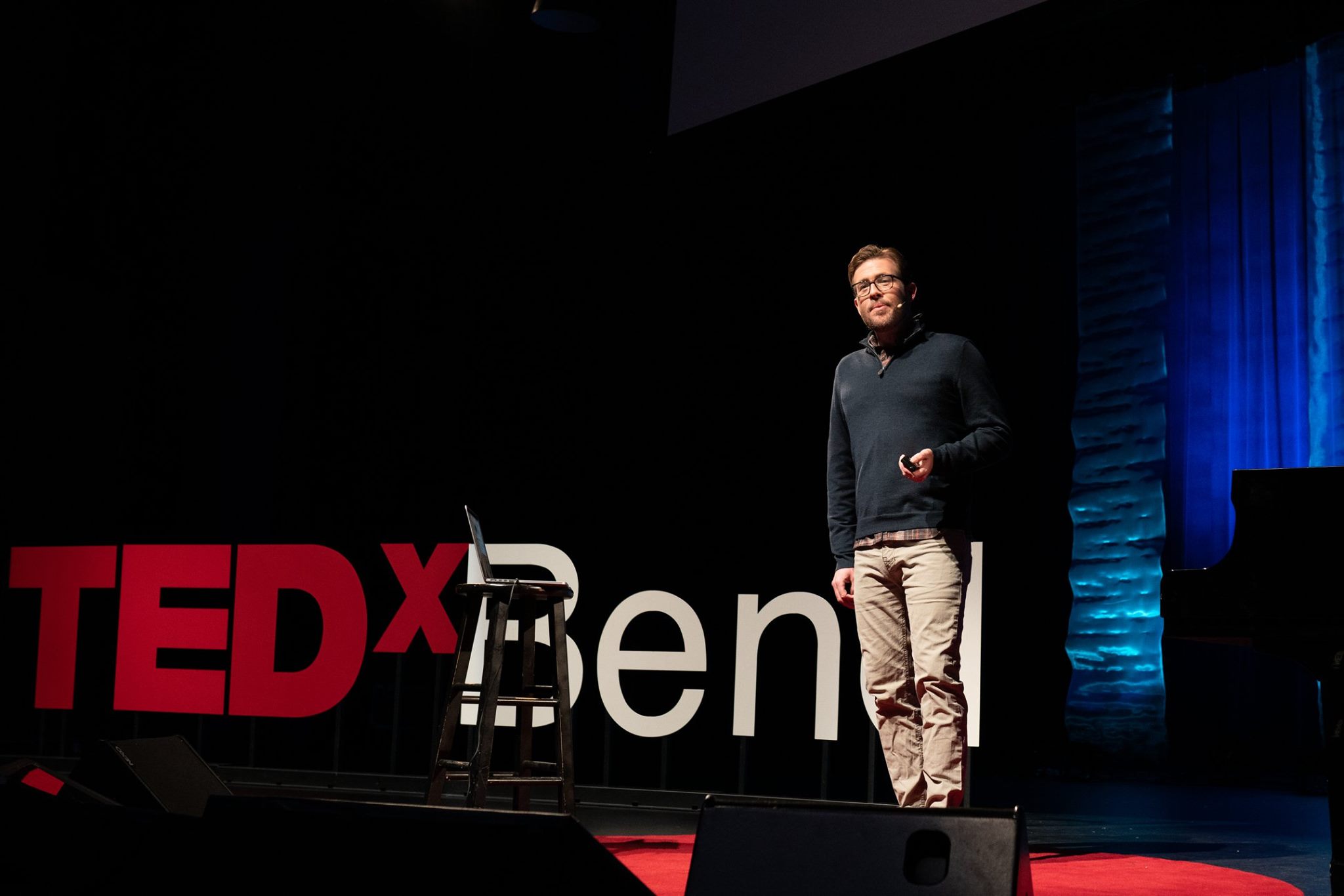
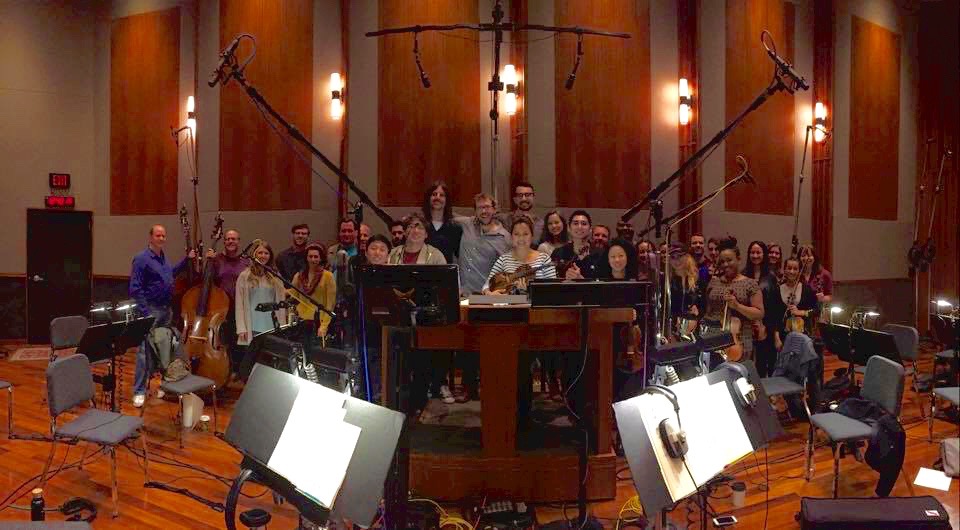

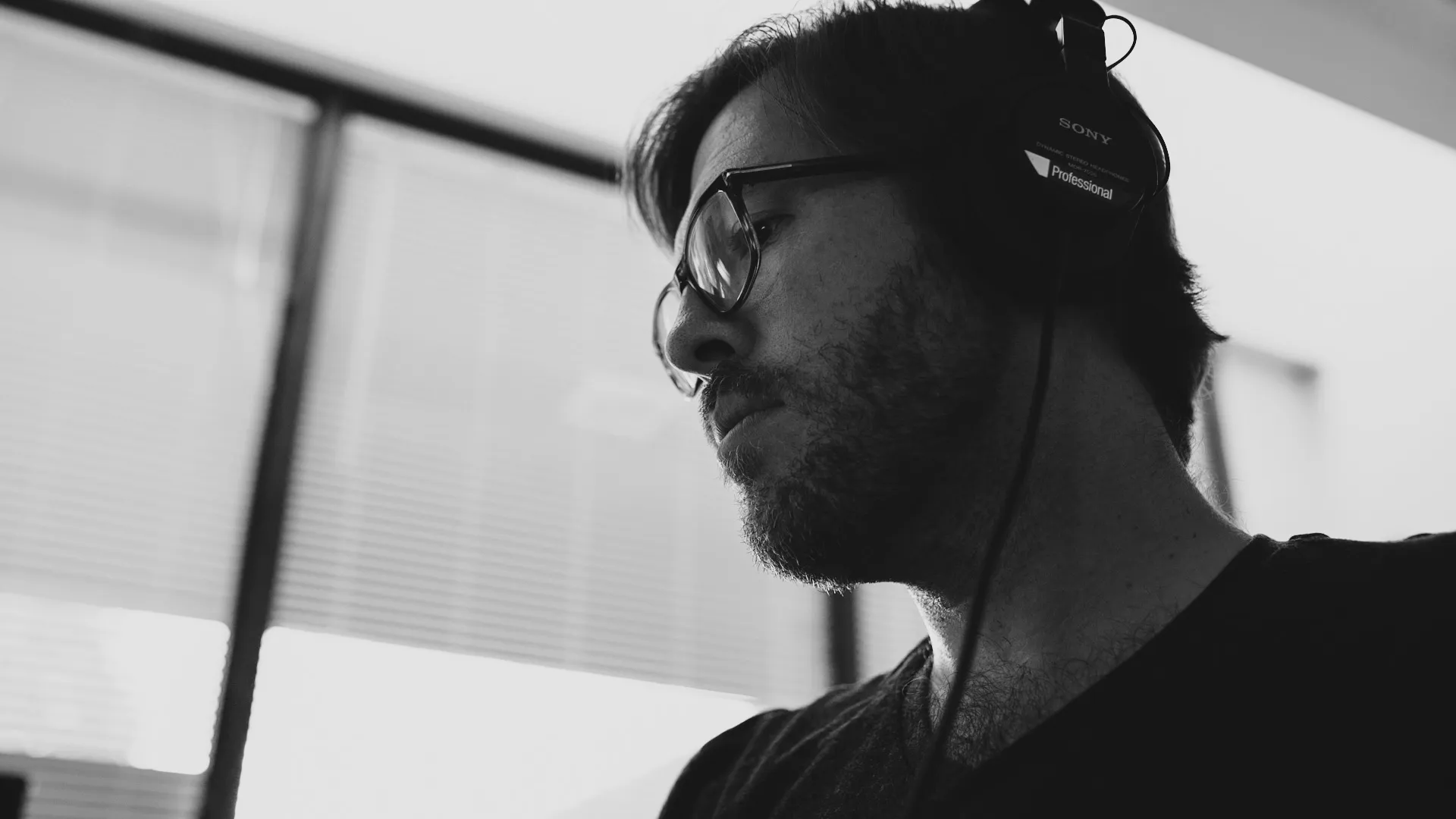
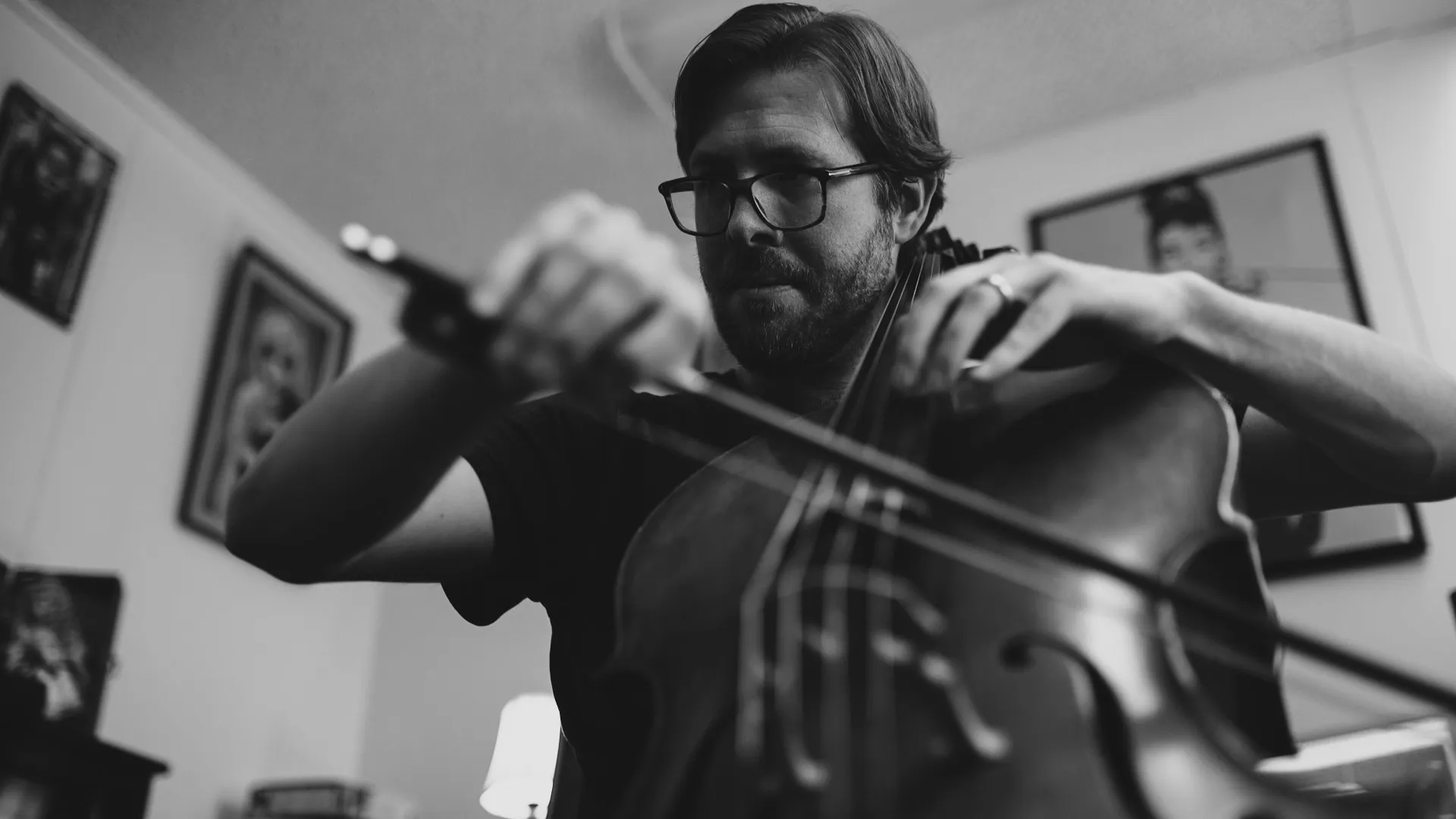
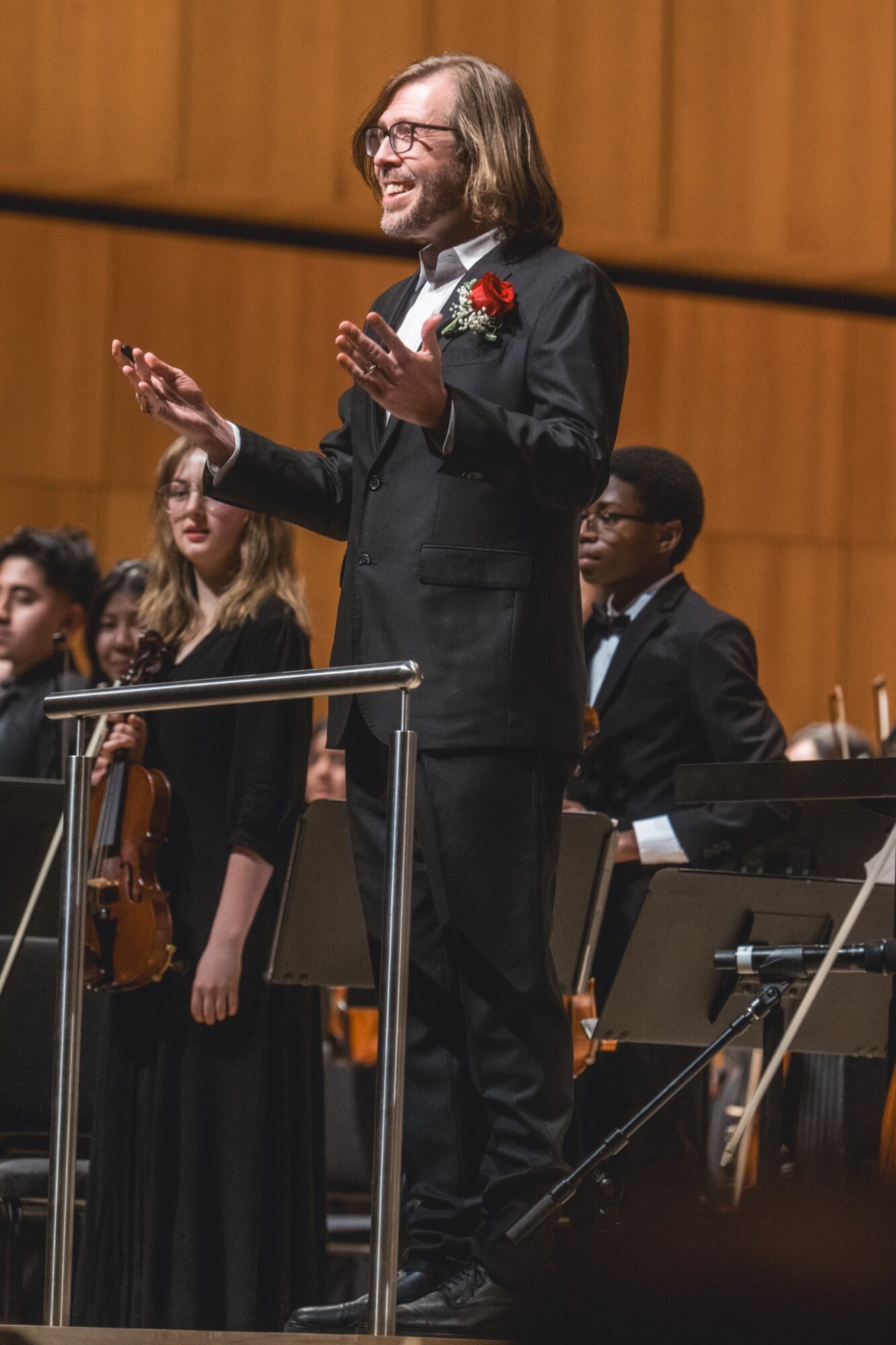
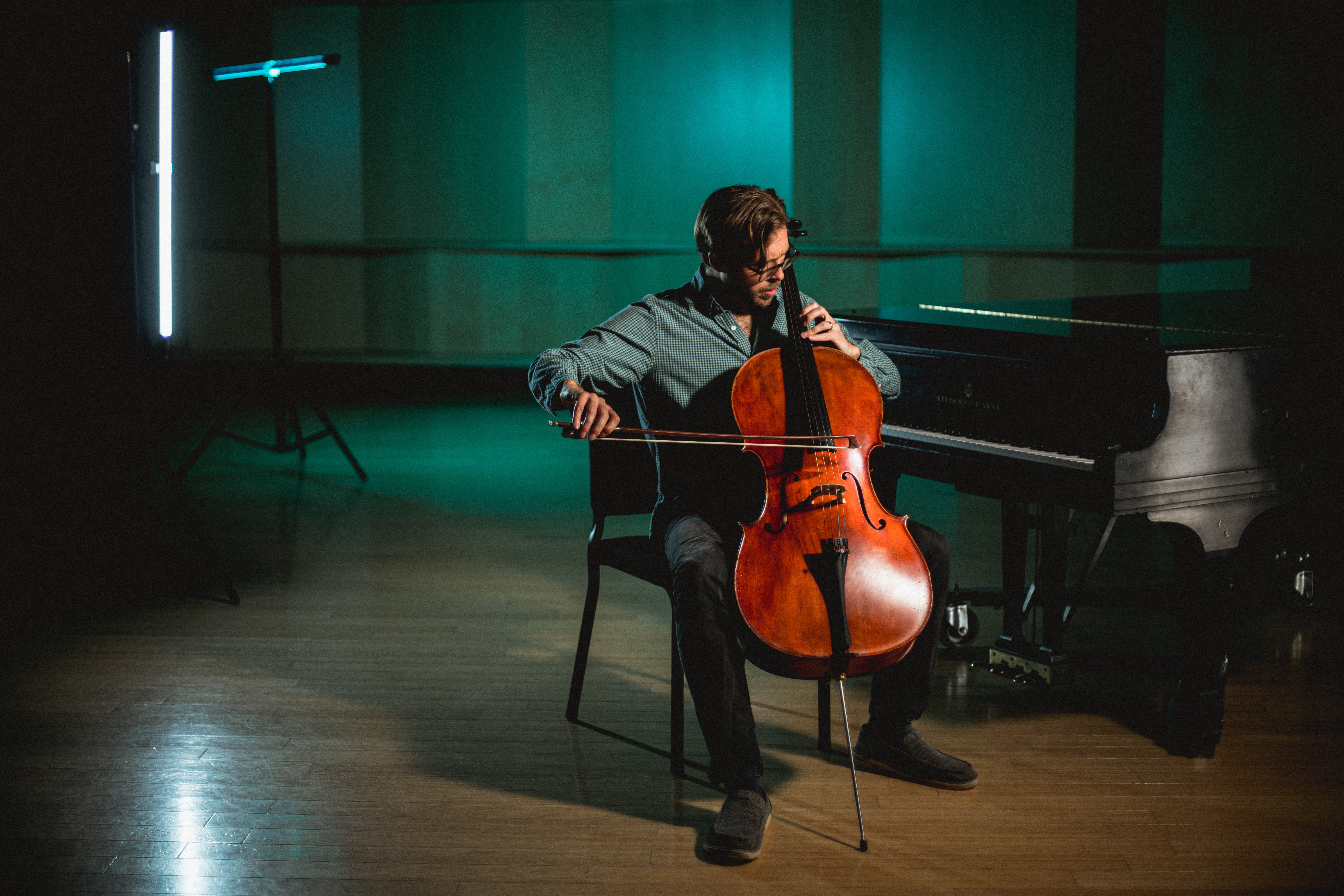
Image Credits
Bradley Lanphear














